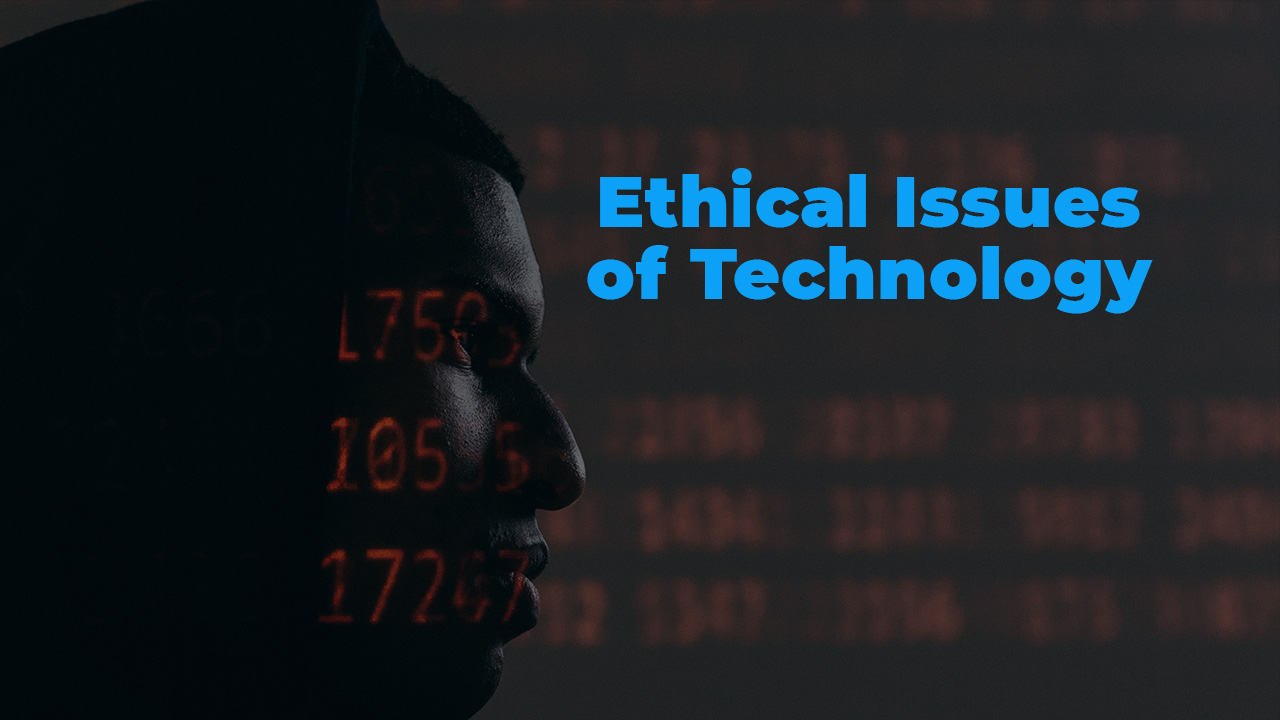Volkswagen group was a highly regarded European automaker. It was seen as a major rival of the Japanese giant Honda. However, things fell apart very quickly in 2015. The stocks tumbled over 20% in a single day when their infamous Dieselgate Scandal came out. This is a stark reminder of the ethical issues of technology. The often-overlooked aspects of ethical decision-making may lead to expensive blunders.
Contents
What are the ethical challenges today?
Ethics is the set of guiding principles that provide a way of acting morally during decision-making. Some decisions may not have any possible implications. However, we face ethical dilemmas every day at the workplace. Your choice of particular strategy may fetch your firm higher revenue but may mean lower earnings for small retailers. Similarly, what would you do, when you learn that your database has been hacked. How would you disclose this information to your millions of users? Or should you hide it till it gets noticed?
⚡ Ethics is the set of guiding principles that provide a way of acting morally during decision-making.
In this section, we uncover some of these ethical challenges. These ethical issues of technology are faced by firms of all sizes. The five most common challenges are discussed below.
- Data Privacy
- Data Misuse
- Misinformation
- Accountability, Responsibility and Liability of actions
- Intellectual Property
Data Privacy
Data privacy is one of the major challenges faced by contemporary firms. European Union defines data privacy as well as keeping data protected from unauthorized access. They have provided a comprehensive guideline for the firms operating in their geography.
Data Misuse
Data misuse is another major challenge faced by many firms. There is a growing mistrust among the consumers that their data may be used in contexts they have not approved. Also, many believe that companies had historically not disclosed all the data they were collecting through the devices.
Misinformation
Thirdly, there is another major challenge – misinformation. The first two problems are associated with the breach of access or breach of usage terms of the data. However, misinformation is about the creation of data with wrong intentions. These intentions can be relatively benign like promoting a new product. However, they could also be harmful ones like fake news to incite racial crimes.
Accountability, Responsibility, and Liability of actions
The fourth major challenge is that of ownership of the problems. Accountability is owning the mistake that has occurred. As we have discussed the Volkswagen case in the opening of this article, the firm was aware of the cheat device installed in their diesel cars. Responsibility is about knowing what is expected from you and working towards completing that goal. Once Volkswagen realized their blunder the knee-jerk reaction was to replace the top management. However, they took up the responsibility as well as have been working to improve the CSR at Volkswagen. Liability is the legal obligation to pay for any problems that occur. This could be due to negligence or maleficence.
Intellectual Property
Finally, we have the challenges related to intellectual property. On one side of the equation, we have the firms. It is expensive and effortful to manage intellectual property. Firms like IBM and Samsung file thousands of patents every year. In 2019 alone, about 333k patents were filed in the United States. On the other side of the equation, we have the consumers or users of technology. Piracy is a less-discussed but very important aspect of the ethical issues of technology. Companies lose a good chunk of their revenues because of piracy. This is particularly true of companies that deal with digital products like software, music, and video.
Ethical Analytics Model
We can divide the issues pertinent to technology into three categories as per Laudon and Laudon:
- Ethical issues
- Social issues
- Political issues
These issues are interconnected. This provides us with a base to assess the decisions.
The ethical analysis requires us to question certain basic assumptions. Here are ten guiding principles to make decisions. These shall come in handy when working with the ethical issues of technology.
The principle of non-maleficence
This principle states that do no harm to others or primum nil nocere. This may seem to be fairly simple. However, it is difficult to practice it in the face of decision dilemmas. It becomes even more challenging to follow this when it comes to situations where doing no harm to others may entail some harm to oneself.
Beneficence
The primary goal of any business is to maximize the stakeholders’ happiness. The actions taken by the management should Increase should benefit the customers, employees as well as shareholders. While the principle of nonmaleficence looks at averting wrongdoing, beneficence looks at actively helping others.
Ensuring due compensation
Firstly, when we talk about technology, we need to credit the creators. This credit may include monetary as well as non-monetary compensation. At the same time, we should also ensure that any intellectual property we use should be credited. Some information or code may be available under copyright-free licenses like Creative Commons. We must adhere to the requested format for such reuse.
Undue advantage
There are certain situations for him. The organization may benefit from taking undue advantages. For instance, a company may cheat the pollution control technology to produce steel at a cheaper rate than the competition. However, if everyone starts doing that, we will have massive problems with pollution.
Value maximization
Sometimes choices could be difficult because different choices may seem appropriate. In this situation, it is important to consider the choice that maximizes the value for the most number of people. In this case, we can rank the different choices that we have in terms of the overall utility it provides to the different stakeholders.
Risk minimization
When we are choosing between different alternatives, another thing to consider is to choose an option that reduces the risk. For instance, let us consider that a company is trying to make a new vaccine for a virus. In this case, if the firm is able to market the virus fast, then it maximizes its own profit. However, if proper testing is not done, then it may increase the risk for the people who take the vaccine. Therefore, it is important to consider this aspect and not hurry in the release of the vaccine.
Respect for privacy

Data is the new oil. Organizations use this data to run their businesses smoothly. However, some of this data may be linked with the personal information of the individuals. It is important to value other’s privacy when it comes to information usage. Firms should also ensure to have checks and safeguards against data misuse and theft. You can gain some interesting insights from quotes on business ethics collected from different thought leaders.
Concerns Around Ethical Issues of Technology
In this section, we have tried to quantify the ethical issues of technology. Some of these issues may have been historically important. However, the changing face of technology with the advent of AI and automation has brought about some new issues in this decade. Some of the critical ethical issues today are listed below.
- Data usage without consent
- Privacy of sensitive information
- Misinformation.
- Operate infringement.
- Deepfakes
- social media trolling
- Lack of accountability.
- Genetic engineering and genetically modified crops.
- Unregulated players in the fintech industry.
- Human biases in AI.
- Data manipulation.
- Misuse selling of private data.
- Weaponizing new technologies.

Thanks-a-mundo for the post.Really thank you!